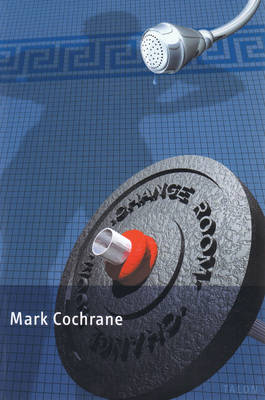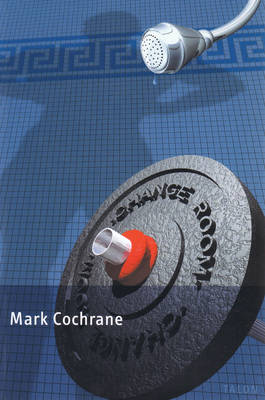
- Retrait gratuit dans votre magasin Club
- 7.000.000 titres dans notre catalogue
- Payer en toute sécurité
- Toujours un magasin près de chez vous
- Retrait gratuit dans votre magasin Club
- 7.000.0000 titres dans notre catalogue
- Payer en toute sécurité
- Toujours un magasin près de chez vous
Description
The multifaceted pun in the title of Mark Cochrane's latest book of poems (a room is a stanza, is a space, is an enclosure; in which a change, a transaction, a metamorphosis takes place) is a barbed hook of seduction for the reader in love with the body of language. And it is ever so clearly the body as a willful and skillful construct of the contrary obsessions of an anorexic bodybuilder persona that's the subject of this book. The constructed self, each part bulked, ripped and cut from the pages of an anatomy text, preened in the mirror of Narcissus, everywhere stands in for the shape of a perfected language. The homoeroticism of the gymnasium, with its complex rituals of the averted gaze, permit the author a level of textual objectification no longer accessible in the presence of the other, the feminine, where the schoolmates of princess Diana make a subtextual, exegetic mockery of correct sexual politics, complete with time-shared automobiles and offspring.
In Change Room, Cochrane brings back to the lyric and the ode the vast range of subject and object so carefully excised from the conventional language of poetics over the past two hundred years. The body, its parts, functions and secretions are here fetishized by the creative power of desire to the point where the love of its perfection crosses the boundaries of gender and polity. In its explicit bisexuality, Change Room exposes one of the great codes of the lyric convention-the elaborately constructed ambiguity of ""other"" sexualities, and dissects and examines them with the dispassionate skill and curiosity of a medical professional. Nothing in Cochrane's text is left to chance, least of all the metaphor of the body of language. This is a poet who has taped his eyes wide open, who finds a language to addressSpécifications
Parties prenantes
- Auteur(s) :
- Editeur:
Contenu
- Nombre de pages :
- 144
- Langue:
- Anglais
Caractéristiques
- EAN:
- 9780889224322
- Date de parution :
- 02-05-00
- Format:
- Livre broché
- Format numérique:
- Trade paperback (VS)
- Dimensions :
- 153 mm x 228 mm
- Poids :
- 222 g

Les avis
Nous publions uniquement les avis qui respectent les conditions requises. Consultez nos conditions pour les avis.






